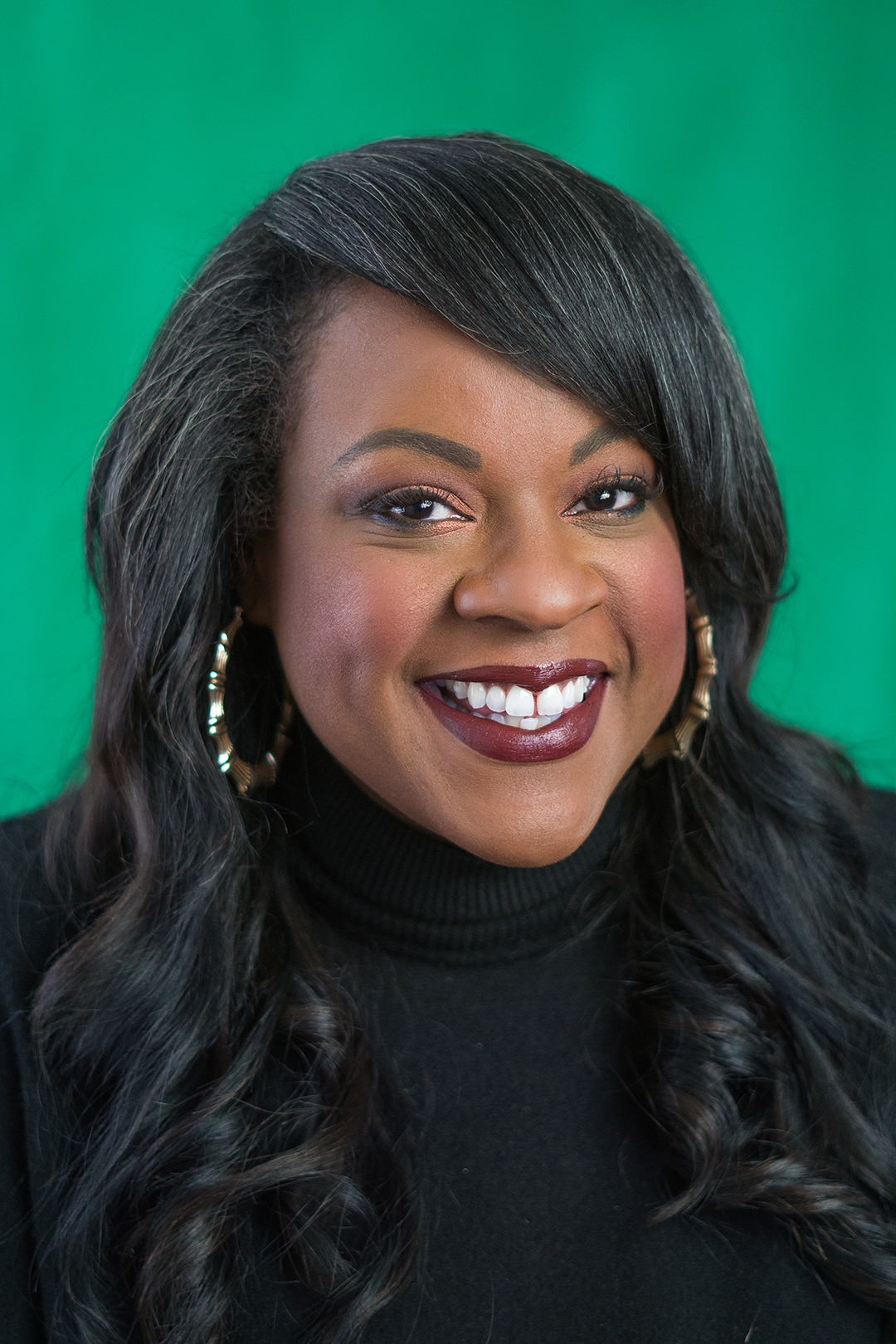
|
Leslie Herod • Colorado State Representative
Colorado State Representative Leslie Herod is a trailblazer and dedicated servant to her community. Her drive to serve is in her DNA. Her mother, who served in the Army, gave birth to Leslie in Germany. After living around the world, Leslie’s family landed in Colorado Springs in 1996, where she had a diverse upbringing, “a convergence of culture,” Leslie shared. After graduating high school in Colorado Springs, she moved to Boulder to attend the University of Colorado. The culture shock Leslie experienced was a tough adjustment. Still, she found community through the Black Student Alliance and other organizations where she focused on making the campus a place for other Black and Brown people. In 2016, she was elected the first LGBTQ Black woman in the General Assembly. She represents House District 8 in Central & Northeast Denver, which includes Five Points, the San Raphael Historic District, Curtis Park, Cheesman Park, and Uptown, to name a few. She chairs the Colorado Black Caucus and is here to show up for Black people throughout The Centennial State. We did not have an opportunity to talk extensively, but what I gathered from our brief conversation is that she’s a woman with a purpose, and she’s authentically walking in her path. When I asked Leslie to describe Denver in one word, she replied, “home.” Keep reading to learn what it means to be Leslie in Denver. Who are you? I am a bold yet introverted problem solver here to get things done in a kind, accessible way. At my core, I am a public servant. I am honored to serve my people. I often get bored if I’m not doing something in the community. The work that I do is my purpose, and it’s very connected to who I am. What does it mean to be you? To be me is to laugh while having very tough conversations. It means to be able to bring myself — a queer Black woman — to the table at all times. What does it mean to you to be Black in Denver? To be Black in Denver carries some responsibility. There aren’t very many of us and if you’re visible, many assume you speak for all of the Black community. Of course, that’s not the case. Black people are not a monolith. However, we do need to show up for one another and advocate for things that advance the Black community as a whole. Right now, being a Black legislator in Denver also means the ability to make great, systematic change. With the death of George Floyd and the cries for Justice for Elijah McClain, we have taken this opportunity to change the law. Recently, Senate Bill 217, the Law Enforcement Accountability and Integrity Act, was signed into law. This sweeping reform happened because the people of Denver stood up and proclaimed that Black Lives Matter and that we will do what it takes to end police brutality. I am proud to represent this great city and our Black communities. What do you love most about living in Denver? I love the community that we have built here in Denver. I love how easy it is to get connected. And I love how people are open to conversations about issues that impact Black lives. This feels a bit new, but it is remarkable, and I am looking forward to the change that will come. How have your experiences in Denver shaped you? Outside of Denver, people think that this city is all white cowboys. They don’t understand what it’s like, so we push back against it. There is this mentality to forge your path and do what you want to do, so I ride into places and say this is what our community needs and this is how we’re going to do it. Black folks specifically are able to do that in Denver. We are innovators. We are creative thinkers. We are not defined by the term ‘Denver’, which gives us the ability to determine what Denver is for us. Tell me about the power of being one’s self. I’m glad I didn’t have to go back into the closet to run for office. I think being a queer Black woman is very much a part of my identity, and being able to show up and bring all of me into those places is very powerful. It pushes me to do more, to be better, to be myself. |
